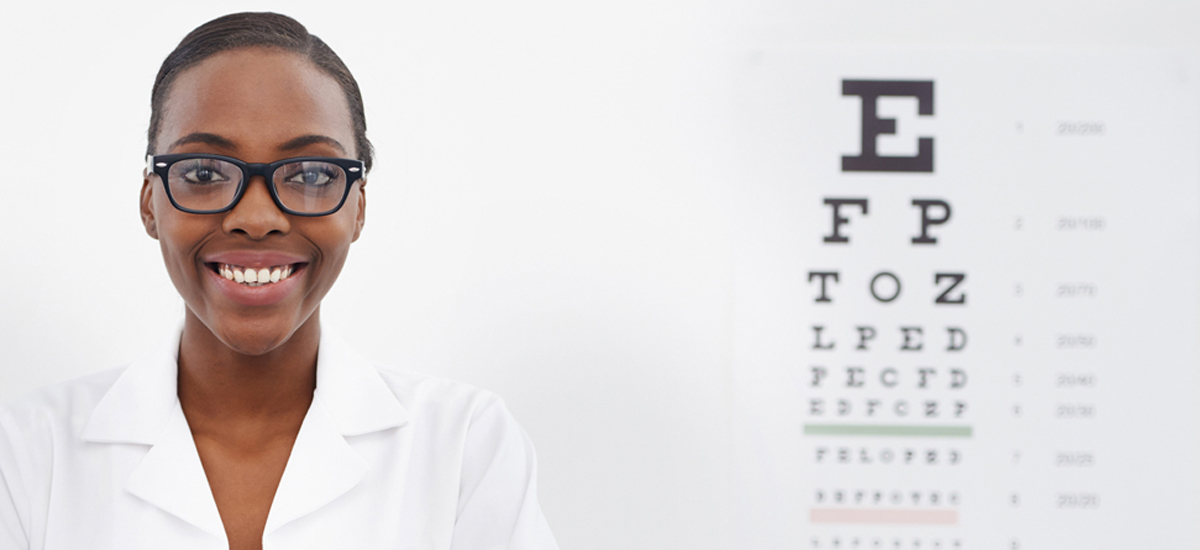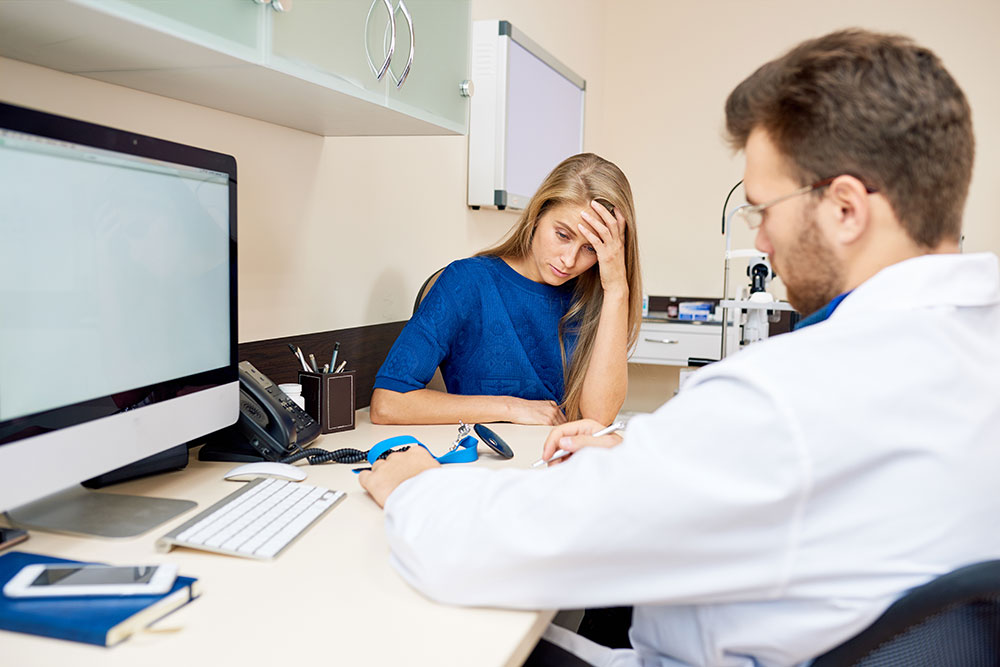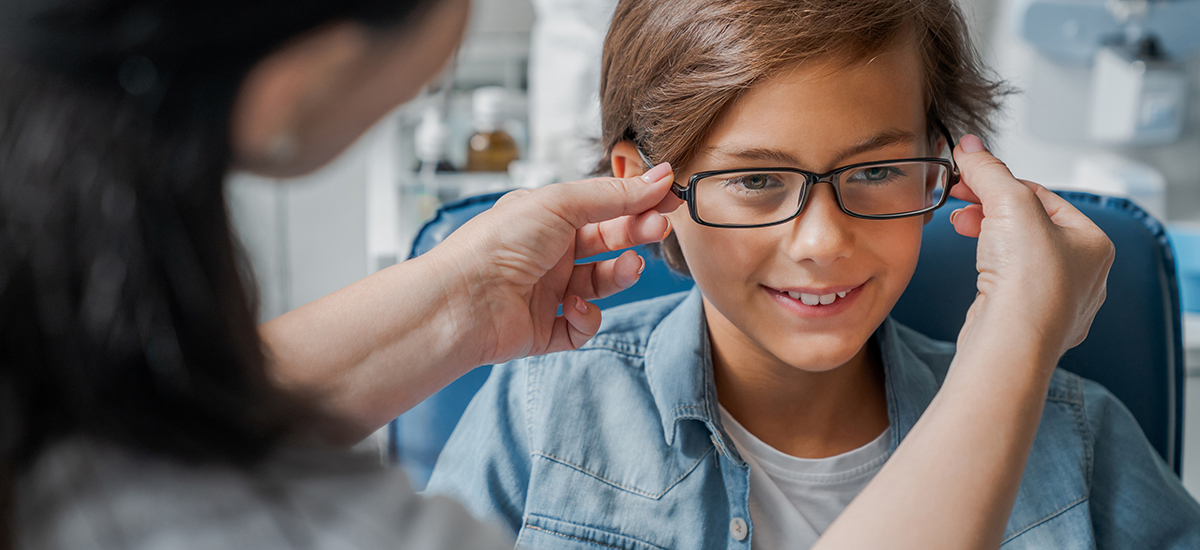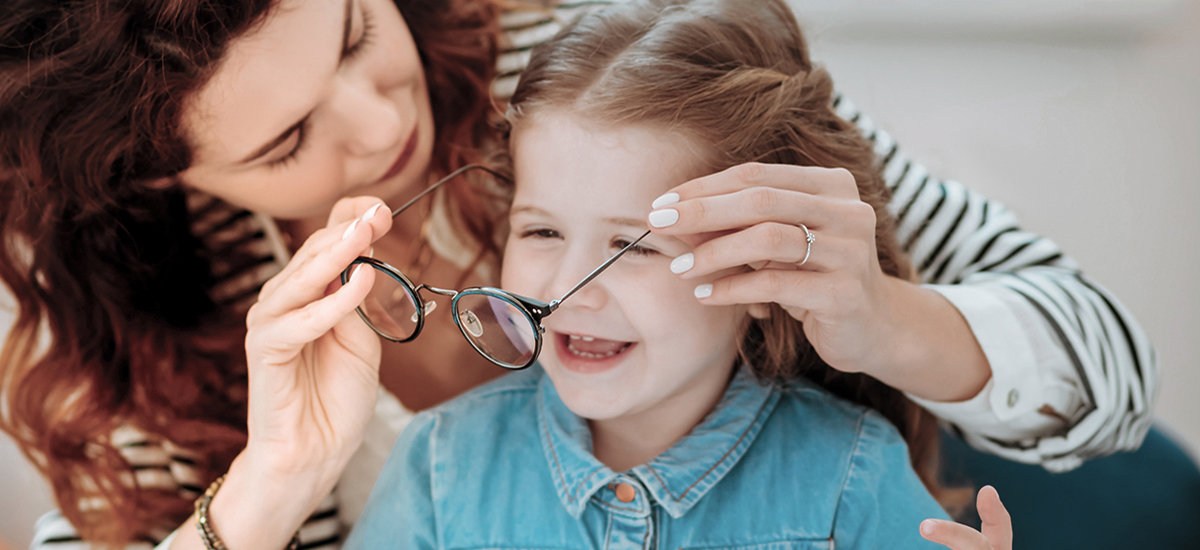5 Tips for an Accurate Eye Exam

Whether you’re experiencing vision issues or want to check on your prescription, an annual comprehensive eye examination is necessary. It will allow you to consult with one of our Independent Doctors of Optometry, who can answer your questions and diagnose you for eye issues.
During your eye appointment, the optometrist will look over your medical history, check your eye health, test for underlying medical conditions, assess your eye coordination, and more.
Are you wondering how to get the best eye exam? Check out our tips for an accurate eye exam.
Tips for an Accurate Eye Exam
Beyond bringing in your insurance card and photo I.D., there are other ways to prepare for your eye appointment. We recommend resting your eyes before the eye exam. That will ensure they’re in a better position and provide more reliable results for your eye doctor.
Here are five more tips for an accurate eye exam:
#1. Write down your symptoms.
It’s easy to forget your symptoms if you don’t put them on paper. Anytime you notice signs of vision loss, jot them down, along with how long you’ve had them. Some symptoms to look out for include:
- Blurry vision
- Distorted vision
- Eye pain
- Headaches
- Light flashes
- Poor depth perception
- Trouble seeing things up close
#2. Make a note of your current over-the-counter and prescription medications, or bring them with you.
Whether it’s as simple as eye drops from your local grocery store or prescription medicine for cataracts or glaucoma, bring them to your eye appointment. If you need a refill and don’t have them on hand, contact your doctor beforehand to find out the name of your prescription and your dosage.
Your medication can give your optometrist insight into many eye problems and ensure that they don’t send you home with medication that can counteract what you’re taking now. If you have any questions about the side effects of medications, don’t forget to ask your optometrist.
#3. Wear your existing contacts or glasses.
If you can, bring your current eyewear to your appointment. That will help your eye doctor to learn more about your prescription and make adjustments if needed. The optometrist may ask you questions, such as:
- Do you prefer contact lenses or glasses?
- Have you been having any issues with your current eyewear?
- Have you noticed any changes in vision?
- How long have you worn prescription eyewear?
- What makes you think you need a new prescription?

#4. Ask your family about their history with eye diseases and other issues.
Many eye diseases and conditions run in families, so understanding your family’s medical history is essential. You don’t need to know the eye conditions that each family member has had. Start with your parents, grandparents, and siblings.
Some specific eye diseases and conditions to consider are:
- Amblyopia
- Cataracts
- Color blindness
- Glaucoma
- Macular degeneration
- Retinitis pigmentosa
- Strabismus
#5. Answer the eye doctor’s questions to the best of your ability.
The more information your eye doctor has, the better they can diagnose you. One of our best tips for an accurate eye exam is to be prepared to answer their questions, such as:
- Are you having problems in one eye or both eyes?
- How often do you experience blurry vision or other symptoms?
- How often do you use the computer?
- Is there anything that’s concerning you about your vision?
- What do you do for work?
Summary: How to Get the Best Eye Exam
Having the best eye exam starts with preparing for your eye examination tests. If you try to skew the results, you probably will, so be honest, take the necessary materials, and have your questions handy.
We also suggest these tips for an accurate eye exam:
- Take a list of your vision loss symptoms and family history with eye diseases.
- Bring your existing eyewear and medications.
- Answer the optometrist’s questions honestly.
Your next annual eye examination is right around the corner, so don’t wait too long to schedule an appointment.
Book your eye exam at For Eyes
Have you had your annual comprehensive eye exam? Schedule an appointment with an Independent Doctor of Optometry at your local For Eyes.











